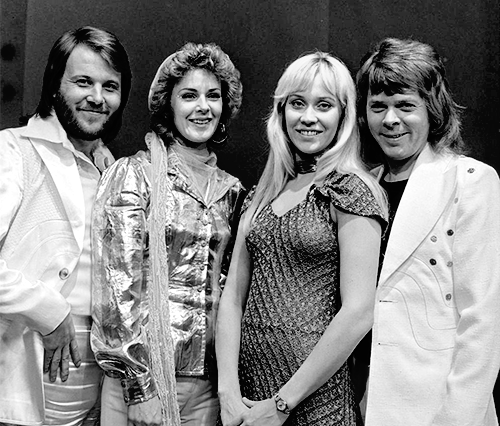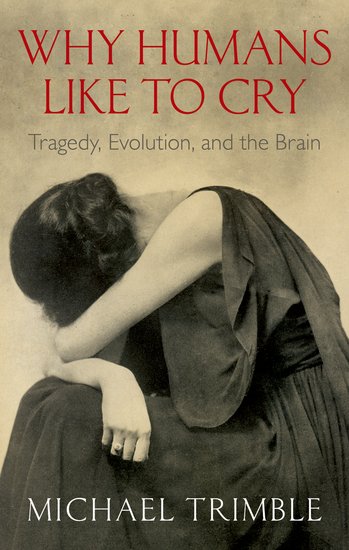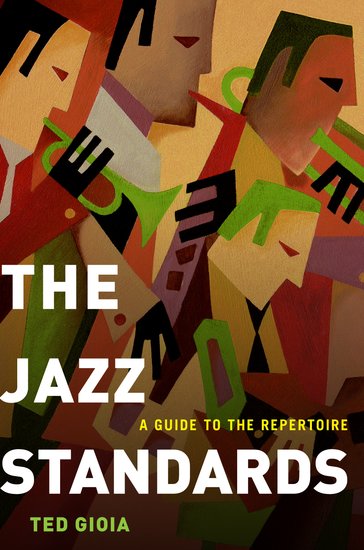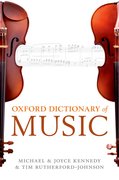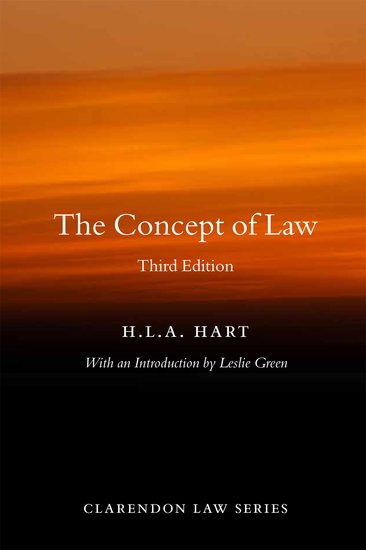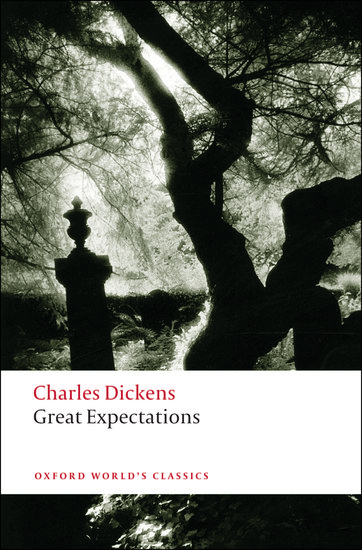Dust off your flags … it’s Eurovision time!
By Annie Leyman
Love it or hate it, you can’t deny that the Eurovision Song Contest has a unique appeal. Although often seen as tacky, extravagant and occasionally politically controversial, that doesn’t stop around 125 million people around the world watching it each year! It has helped to launch careers, in the cases of ABBA and Bucks Fizz, as well as destroy them (cast your memories back to Jemini, aka ‘nul points’).

